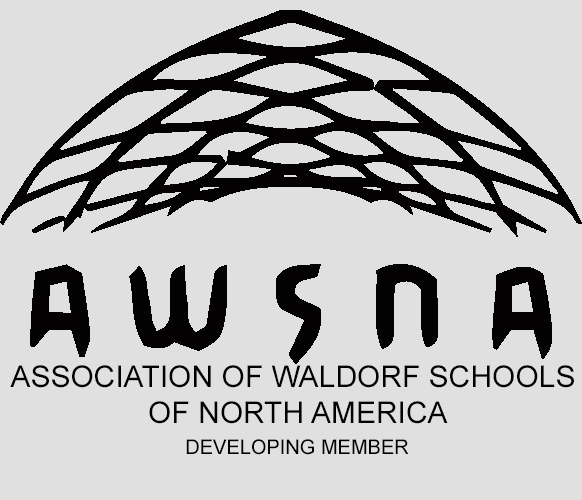From Grade 2/3 Class Teacher Laurie Kozar: The curriculum in our 2nd and 3rd grade combined class began with Farming, and many of the stories brought to the class were place-based stories from the Abenaki people. The Native American traditional stories make clear our connection to the physical world—including our dependence on the land for nourishment, plant fibers that provide us with clothing, and trees that provide fire/fuel and shelter, as well as our dependence on animals large and small.
Students enjoyed learning these traditional stories and especially enjoyed learning about a character named Gluskabi who is a benevolent (and sometimes humorous) cultural hero featured in many Abenaki stories. Gluskabi often gets into scrapes and tangles, yet he escapes any serious trouble and becomes wiser for his experiences. It was Gluskabi who taught the people the arts of civilization, and protected them from danger. In addition to Gluskabi, there is a cast of animal characters that help humankind along the way.
For our place-based farming theme, we took our direction from the season, and so we began with the harvest—a tasty topic! The children learned about the cycle of the seed, and how soil, air, water all come together to sustain life. We enjoyed learning about the harvest of grains, vegetables, and fruits, as well as learning how we prepare them. (Our apple crisp recipe offers an applied mathematics lesson that we may have to return to a few more times before apple season is over!)
To close out our Farm Block, as well as offer gratitude to our families, our class prepared a wonderful Harvest Dinner for their families—vegetable soup and salad and rolls and apple crisp for dessert! The children cooked the food and served it to their parents in fine-restaurant style, upon placemats lovingly dyed and embroidered in Handwork class.
The Native American stories will be drawn on throughout the school year as we continue to explore the theme of practical learning, such as measurement in our mathematics block, and again later in the year when we explore spring farming activities. Stories such as the Three Sisters (Beans, Squash and Corn) will come to life as we work along, hoe in hand, on the land.
The importance of our connections to the land and the animals on whom we depend also became apparent on our farm visit field trip to Dog River Farm and Fresh Tracks Farm (both in Berlin) in September. Both farmers warmly hosted our class and shared their own passion for their family farms! We thank them for their time and care.



